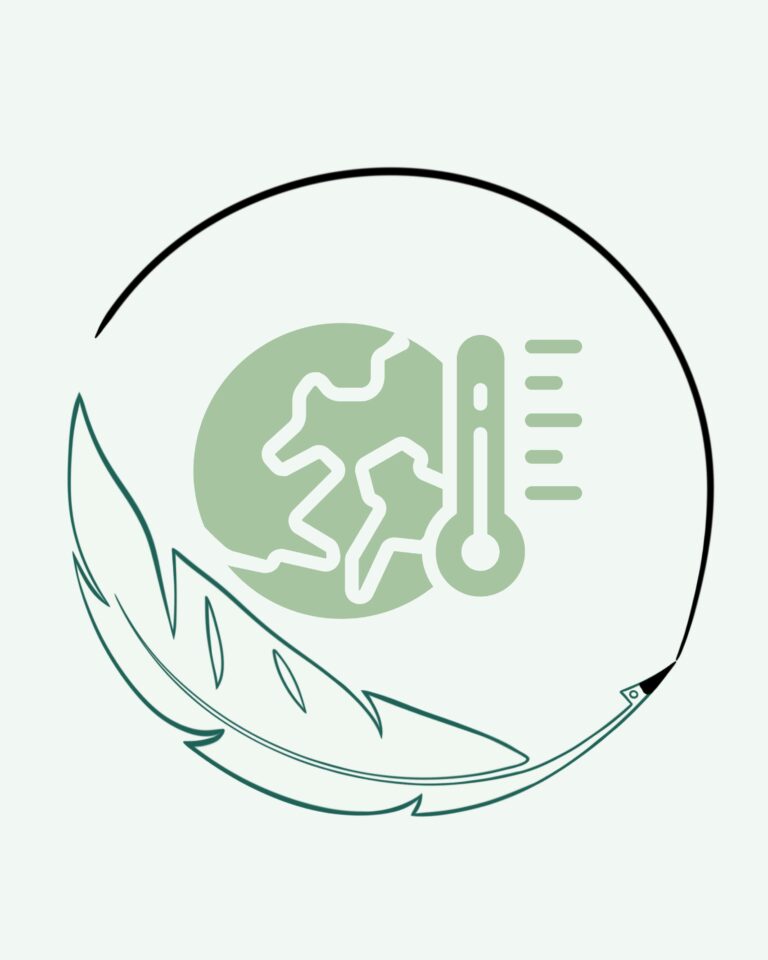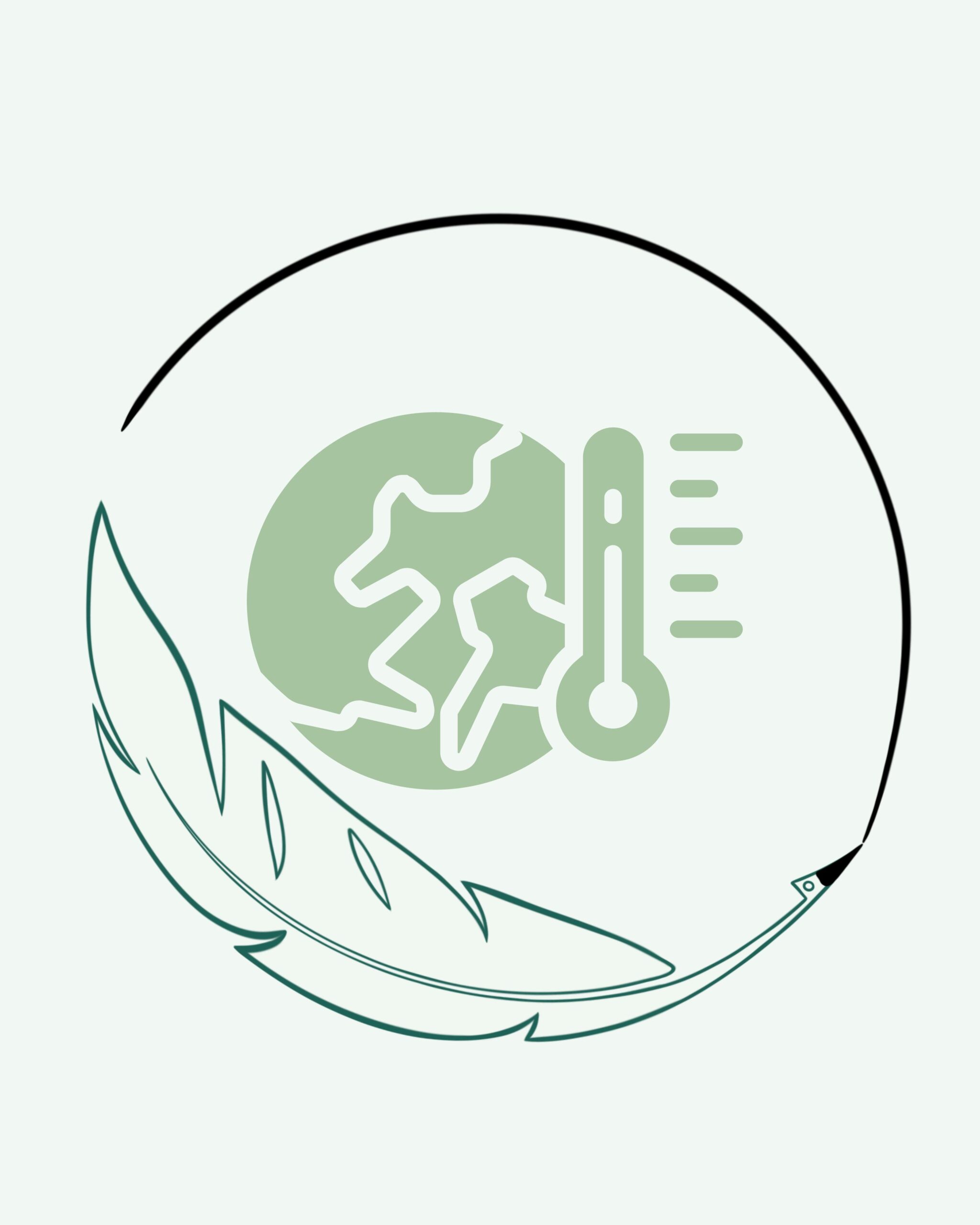Climate change has become a topic that we hear about often and that we need to talk about more. Climate change is one of the biggest problems facing our world and poses a serious threat to future generations. In this blog post, I will explain what climate change is, why it occurs, its impact on individuals and what we can do. We will also talk about the global measures to be taken to combat climate change.
What is Climate Change?
Climate change refers to changes that cause long-term problems as a result of the accumulation of greenhouse gases in the atmosphere, deviating from the natural cycle of the worldwide climate system. The main accumulated greenhouse gases are carbon dioxide (CO2), methane (CH4) and nitrogen oxides (NOx). All human activities that emerged with the industrial revolution increased the emission of these gases and caused great changes in the world’s climate.
Why Does Climate Change Occur?
Climate change is caused by human and natural processes in general. Human activities such as burning of fossil fuels (coal, oil, natural gas), industrialization process, deforestation, agricultural activities and industrial wastes increase the emission of greenhouse gases into the atmosphere. These gases cause the accumulation of heat in the atmosphere and global warming by preventing the sun’s rays from reaching the earth.
What are the Effects of Climate Change on Individuals?
The effects of climate change are being felt more and more all over the world and on humanity. Increasing temperature causes problems such as melting glaciers, rising sea levels, extreme weather events (hurricanes, floods, drought), decline in agricultural productivity, loss of biodiversity and health problems. If we do not fight climate change, these negative effects can become even worse, with devastating consequences for future generations.
Some effects of climate change on individuals:
Increasing temperatures: Climate change causes average temperatures to rise worldwide. This can lead to warmer weather in the summer and milder weather in the winter. This affects our daily life. It may require us to change dressing and cooling measures.
Reduction of our water resources: It can cause a decrease in water resources by affecting the water cycle. Drought and changes in precipitation patterns; It can have an impact on water-dependent sectors such as agriculture, drinking water and industrial use. This can lead to the limitation of water resources and a water crisis.
Extreme weather events: Can affect the frequency and intensity of extreme weather events. Weather events such as hurricanes, heavy rains, floods, droughts and forest fires may occur more often than usual. This can cause loss of life, property damage and damage to the living spaces of communities.
Health factors: Climate change can directly affect human health. Factors such as increased temperature, air pollution, contamination of water sources and an increase in the amount of vectors (mosquitoes, ticks, etc.) can facilitate the spread of infectious diseases. Moreover; It can also create health problems such as heatstroke, heat-related illnesses and respiratory problems in extreme hot weather.
Economic impacts: Industries such as agriculture, maritime, tourism and energy may be directly affected by climate change. Factors such as lost productivity, supply chain disruptions, cost increases and job losses can cause economic problems.
These are some of the simplest effects of climate change on humans. But it can also have more complex and profound implications when we think about it in the long term. For this reason, it is necessary to take measures to combat climate change and reduce its effects.
What Can We Do As Individuals?
All individuals have important responsibilities to combat climate change. Here’s what we can do individually:
Energy saving: We can reduce our energy consumption by saving on electricity, water and natural gas usage.
Sustainable transport: We may choose to walk, cycle or use public transport.
Waste sorting: By separating our waste, we can contribute to recycling and upcycling, and we can also try to reduce our waste amount.
Consumption of sustainable agricultural products: We can support agricultural sustainability by choosing local and organic producers.
Conscious consumption: We can change our consumption habits by making durable and quality product choices.
Although individual steps are important, measures must be taken at the global level to combat climate change. International agreements; It strives to ensure that governments and companies take responsibility for reducing greenhouse gas emissions. It is necessary to take measures such as the widespread use of renewable energy sources, the measures taken for deforestation, the preference of green technologies and the awareness of the societies on climate change.
It is the responsibility of all individuals to fight climate change in order to protect our future and leave a livable world to future generations. We must act before we run out of time, every step we take will have an impact.







